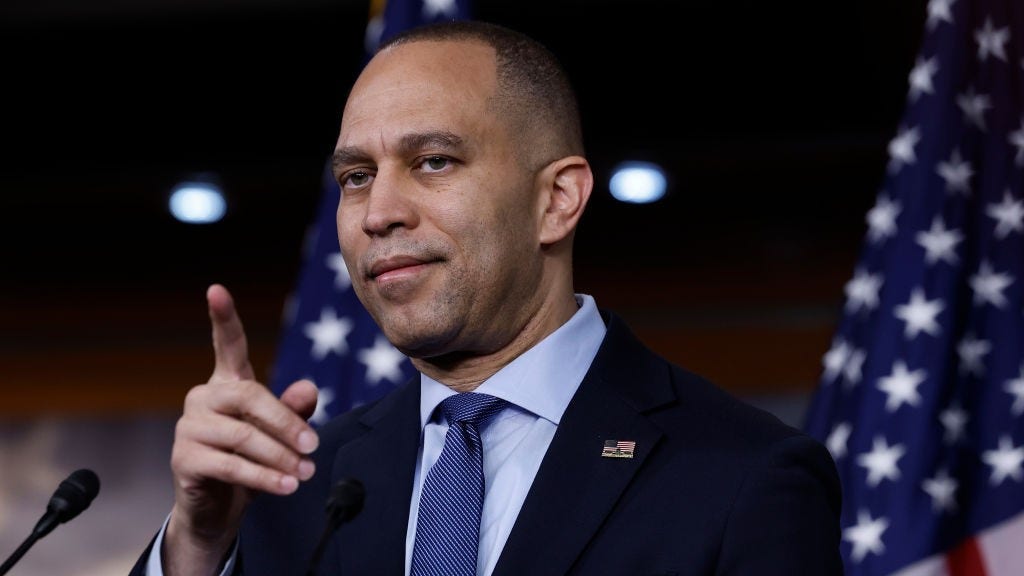S.C. teachers deserve better pay. Unfortunately, most teachers will never earn their worth under South Carolina’s single-salary schedule, where wage is strictly dictated by years of experience and degrees held.
The S.C. Legislature is expected to give its final approval this week to unilateral teacher pay raises of $2,500. This is good, but it’s not a comprehensive solution. Another incremental adjustment to a rigid salary schedule is like stepping onto a broken escalator: You may as well take the stairs.
We’ve taken an interest in South Carolina’s efforts because we’ve researched this issue extensively nationwide. We track what is happening in the realm of educator compensation reform. And while teachers deserve compensation reform that is strategic, evidence-based and dignifying, they rarely get it.
S.C. lawmakers had an opportunity to make such an investment and balked at it. State Education Superintendent Ellen Weaver requested $25 million from the House budget subcommittee to pilot strategic compensation across 125 high-need schools. This policy would have incentivized the best educators to teach in traditionally hard-to-staff schools through performance pay, which is one form of strategic compensation. At the very least, this should have been tried as a pilot program in a few places.
Critics across the country often disapprove of these proposals, and we are certain that this misplaced criticism is happening and will continue to happen in South Carolina as well. Claims will be made that anything but the single-salary schedule will erode trust and professional cooperation within a school community. Claims will be made that there is no research to support the policy.
But this is just fearmongering.
Our research (and that of many others) shows that merit pay has merit: Strategic compensation plans do not destroy the collaborative culture and collegiate ethos of teaching and learning. But they do improve student outcomes, with research indicating that merit pay plans — when well-designed and implemented — provide about three weeks of additional learning on average, which eliminates 9% of the gap in test scores between black and white students. A growing body of evidence from other states also suggests strategic awards can help retain high-performing teachers. In Texas, teacher turnover declined in districts that implemented incentive pay programs. In Tennessee, awards improved retention among highly effective math, language arts and biology teachers.
For these reasons — collaborative practices, academic gains and educator retention — strategic compensation reform stands as a sound, research-backed way to move the needle where it matters most for South Carolina’s students, teachers and schools.
To be clear, it’s not a panacea. States must pair compensation reform with sophisticated investments in professional learning, school culture and climate, and holistic evaluation systems. Making these investments will simultaneously generate dynamic returns.
The good news is that compensation reform is already taking shape in South Carolina. Meeting Street Schools has sponsored the Excellence in Teaching Awards across seven Charleston County high-need elementary schools. This initiative offers awards of up to $40,000 to teachers who help their students exceed their expected achievement. Much of the research says it doesn’t take quite that much money, but initiatives like this one are providing outstanding teachers a 21st century pay package that gets close to the six-figure salary they deserve.
The single-salary schedule had 100 years to improve education in America. And indeed, it achieved some very important goals — gender pay equity, professionalism and employee satisfaction to name a few.
But the next century requires new thinking on this topic. South Carolina’s potential push toward pay reform — in combination with other investments — would constitute a step in the right direction.
Peyton Powers is a doctoral student in the Policy, Leadership and School Improvement program at the University of North Carolina at Chapel Hill. Matthew G. Springer is the Robena and Walter E. Hussman Jr. Distinguished Professor of Education Reform at UNC-Chapel Hill and chair of the Educational Policy and Organizational Leadership area.































